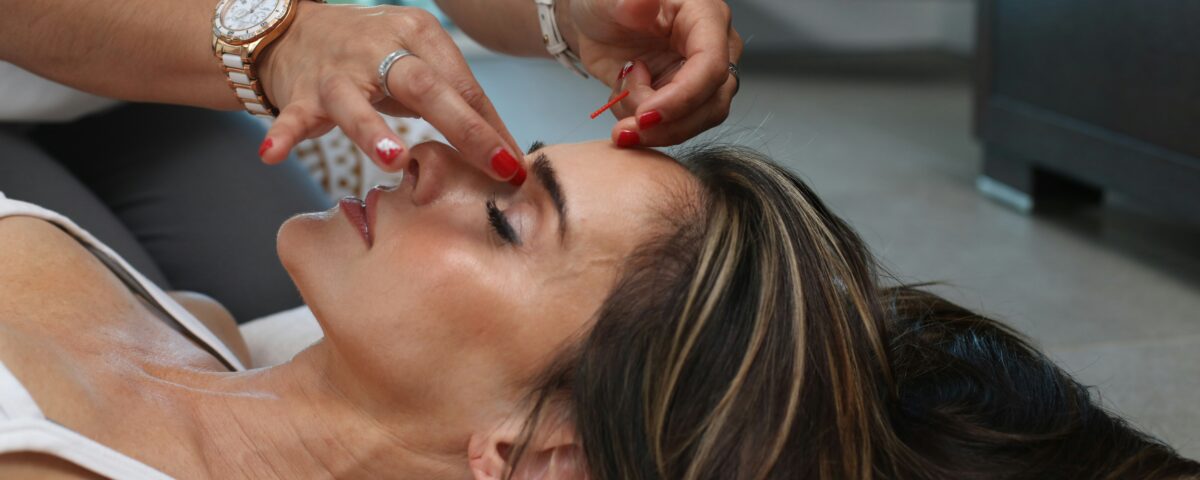Spa Culture in Jeonju: A Historical Perspective

Discovering Gangnam’s Spa Scene: A Guide for First-Timers
June 15, 2024
Enhancing User Experience to Increase Health Site Engagement
June 23, 2024Spa Culture in Jeonju: A Historical Perspective

Introduction to Jeonju’s Spa Heritage
Jeonju, a city with deep historical roots in South Korea, is renowned for its rich cultural heritage and traditional practices. Among these cherished traditions, the spa culture in Jeonju stands out as a testament to the city’s commitment to wellness and relaxation. The evolution of spa culture in Jeonju reflects a fascinating blend of historical practices and modern adaptations, offering visitors a unique experience that bridges the past and the present.
Historical Origins of Spa Culture in Jeonju
#Ancient Wellness Practices
The history of 익산휴게텔 spa culture in Jeonju dates back centuries, rooted in ancient Korean wellness practices. Traditionally, Koreans have valued the healing properties of natural hot springs and the therapeutic effects of heat. This led to the development of jjimjilbangs, or public bathhouses, which became integral to daily life. These bathhouses served not only as places for bathing but also as communal spaces where people could relax, socialize, and rejuvenate.
#The Role of Hanoks
Hanoks, traditional Korean houses, have played a significant role in shaping the spa culture in Jeonju. These architectural gems, with their elegant wooden structures and tiled roofs, create an atmosphere of tranquility and peace. Many of Jeonju’s spas are housed within hanoks, preserving the historical essence while providing a serene environment for relaxation. The design and layout of hanoks enhance the spa experience, offering a perfect blend of nature and tradition.
Evolution of Jeonju’s Spa Culture
#Modern Adaptations
While traditional practices remain at the heart of Jeonju’s spa culture, modern adaptations have also found their place. Today, Jeonju’s spas offer a range of treatments that combine ancient techniques with contemporary wellness trends. Visitors can enjoy traditional Korean saunas alongside modern therapies such as aromatherapy, advanced skincare treatments, and personalized wellness programs. This fusion ensures that the spa culture in Jeonju remains relevant and appealing to a broad audience.
#Preservation of Tradition
Despite the incorporation of modern elements, the essence of traditional Korean spa practices is carefully preserved in Jeonju. Many spas continue to emphasize the importance of natural ingredients and holistic treatments. Herbal baths, using locally sourced herbs and natural remedies, remain popular for their therapeutic benefits. The continued use of traditional techniques ensures that visitors can experience the authentic charm of Korean spa culture.
Unique Spa Experiences in Jeonju
#Jjimjilbang Experience
The jjimjilbang experience is a cornerstone of Jeonju’s spa culture. These public bathhouses offer a communal setting where visitors can enjoy various saunas, hot baths, and relaxation areas. The practice of alternating between hot and cold baths is believed to improve circulation and promote overall well-being. Jjimjilbangs also provide relaxation lounges, where guests can unwind on heated floors, watch TV, or enjoy snacks. This communal aspect fosters a sense of community and relaxation, making it a unique and cherished experience.
#Outdoor Hot Springs
Jeonju’s spa culture also includes the therapeutic benefits of outdoor hot springs. These natural springs, rich in minerals, are known for their healing properties. Soaking in outdoor hot springs amidst beautiful natural surroundings offers a serene escape from the stresses of daily life. The combination of natural warmth and scenic beauty creates a deeply relaxing experience that rejuvenates both body and mind.
#Tea Therapy
Another unique aspect of Jeonju’s spa culture is the practice of tea therapy. Traditional Korean teas, known for their health benefits, are incorporated into various spa treatments. Tea baths and tea-based skincare products are popular for their soothing and antioxidant properties. Additionally, visitors can participate in tea ceremonies, learning about the cultural significance of tea while enjoying its calming effects.
Recommendations for Spa Enthusiasts
#Embracing Local Traditions
For visitors seeking an authentic experience, embracing local traditions is key. Understanding and respecting the customs associated with traditional Korean spas will enhance the overall experience. For instance, thorough cleansing before entering communal baths and maintaining a quiet and respectful demeanor in relaxation areas are essential aspects of the spa culture in Jeonju.
#Exploring a Variety of Treatments
Jeonju’s spas offer a diverse range of treatments that cater to different preferences. Exploring various options, from traditional jjimjilbangs to modern wellness centers, allows visitors to fully appreciate the rich spa culture. Trying out different treatments, such as herbal baths, hot springs, and modern skincare therapies, provides a comprehensive understanding of the wellness practices in Jeonju.
Conclusion
The spa culture in Jeonju is a captivating blend of history and modernity. Rooted in ancient wellness practices and enhanced by contemporary adaptations, Jeonju’s spas offer a unique and enriching experience. Whether soaking in traditional jjimjilbangs, enjoying outdoor hot springs, or indulging in tea therapy, visitors to Jeonju can immerse themselves in a culture of relaxation and well-being. Embrace the traditions, explore the treatments, and discover the timeless charm of Jeonju’s spa heritage.
